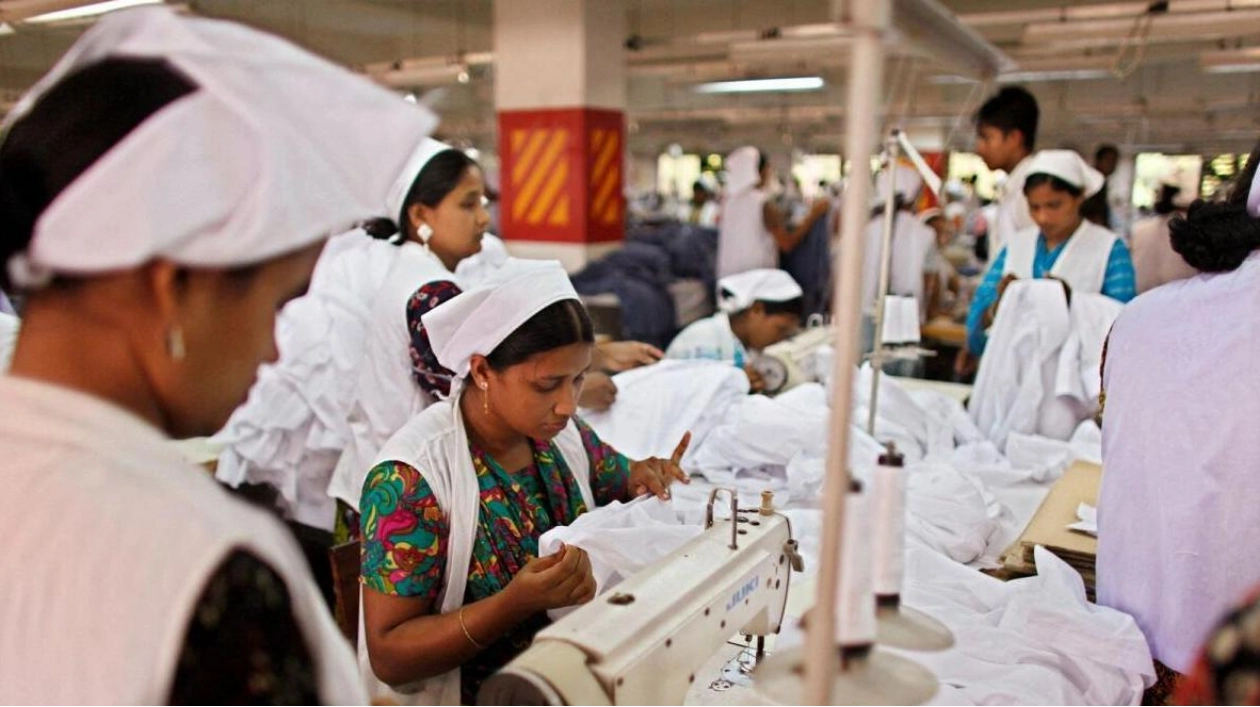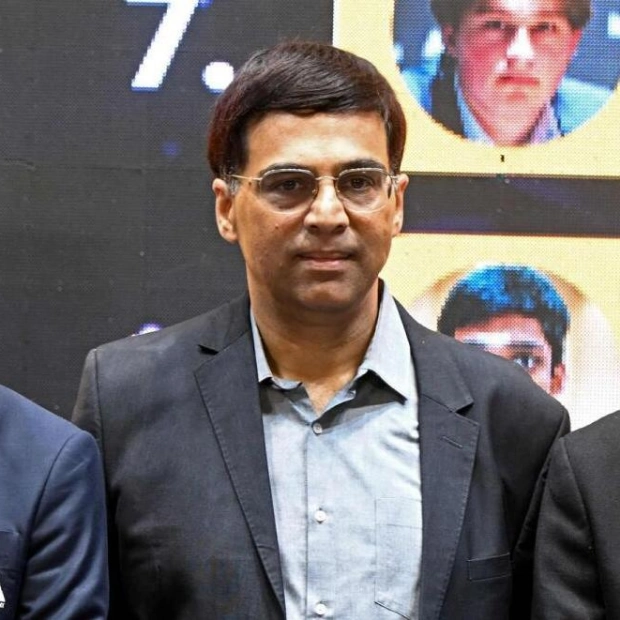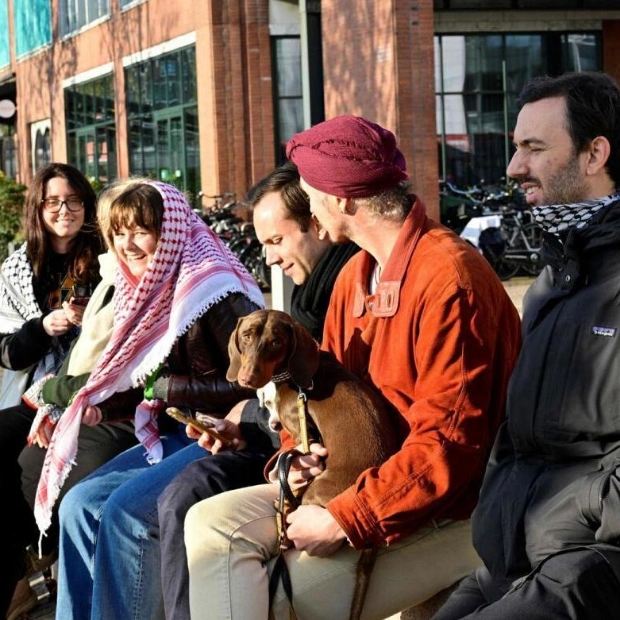Women work at a garment factory in Gazipur, Bangladesh. Reuters File Photo
Bangladesh's crucial garment industry suffered a $400 million loss due to unrest following the student-led revolution that ousted the country's autocratic leader, industry leaders stated on Sunday, emphasizing that the situation is now "stable". The South Asian nation's 3,500 garment factories contribute approximately 85% of its $55 billion annual exports, but the unrest led to significant disruptions in this key industry. After months of deadly protests, the former leader Sheikh Hasina escaped by helicopter to neighboring India on August 5. An interim government, led by Nobel Peace Prize winner Muhammad Yunus, assumed control, but protests in various garment factories persisted with workers demanding job security and improved wages. Such demonstrations occasionally escalated into violence. On September 30, a garment worker was killed, and 20 were injured in clashes between protesters and the police.
Kalpana Akhtar, president of the Bangladesh Garments and Industrial Workers Federation, asserted on Sunday that there needs to be "a significant shift in attitude" from factory owners and the government. "Discussions about wage increases only occur when workers take to the streets," Akhtar told AFP. She emphasized the need for changes "to ensure stability in this sector," cautioning that "otherwise, the current calm might not endure." Bangladesh ranks as the world's second-largest exporter of clothing by value after China and supplies numerous global top brands, including Levi's, Zara, and H&M.
Khandaker Rafiqul Islam, president of the Bangladesh Garment Manufacturers and Exporters Association, noted that the "industry is currently stable after enduring a challenging period". Speaking to reporters on Saturday, Khandaker Rafiqul Islam estimated losses since August to total around $400 million and highlighted the need for continued security measures by law enforcement. "The army established a task force to safeguard the factories, and they are conducting regular patrols to ensure security at the garment hubs," he said. "Buyers have regained their confidence in Bangladeshi apparel, but maintaining uninterrupted law and order is essential for stability."
Source link: https://www.khaleejtimes.com






